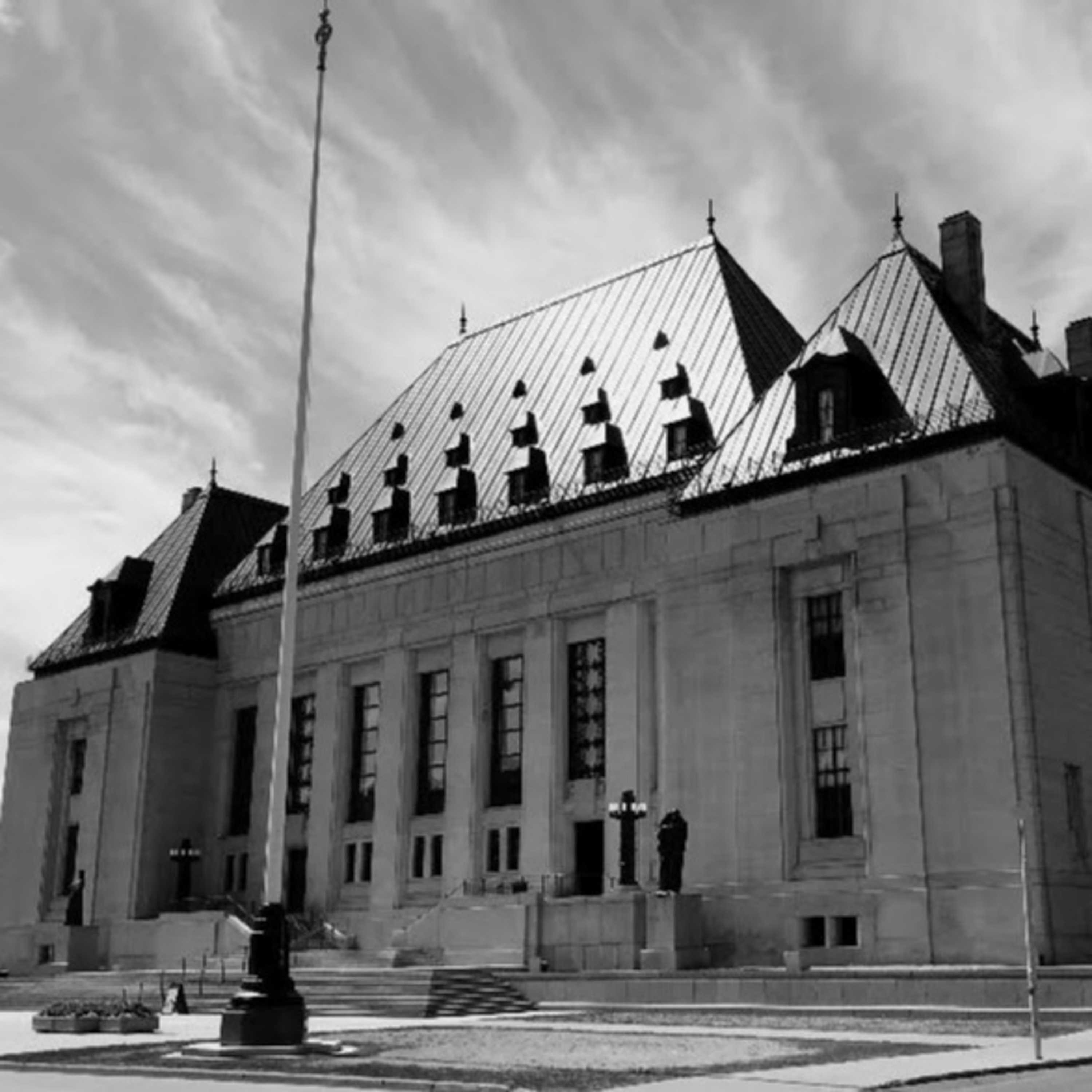His Majesty the King v. David Edward Furey (40038)
The respondent, David Edward Furey, was convicted of breaking and entering into a dwelling, assault with a weapon, assault causing bodily harm, possession of a knife for a purpose dangerous to the public peace, and breach of an undertaking. At trial, the judge admitted, for the truth of its contents, a videotaped out of court statement given by one of the complainants, who subsequently died of unrelated causes. The statement was given to the police soon after the altercations.
A majority of the Court of Appeal allowed Mr. Furey’s appeal from convictions, set aside the decision of the trial judge, including the voir dire decision regarding the admissibility of the complainant’s out-of-court statement, and ordered a new trial. The majority concluded that the trial judge applied an erroneous statement of the law — that where there is greater necessity, less reliability is acceptable. As a result of her reliance on this statement, the trial judge erred in admitting the complainant’s out of court statement for the truth of its contents: she permitted the admissibility of the hearsay evidence without requiring that the requisite degree of reliability be established. In dissent, Knickle J.A. would have dismissed the appeal. In her view, the trial judge committed no error in her application of the principled approach to the hearsay evidence, as she engaged in the skeptical and cautious analysis that was required before admitting the statement, including that the two criteria of necessity and reliability must be assessed in tandem and with flexibility.
Argued Date
2022-12-02
Keywords
Criminal law - Evidence, Admissibility, Hearsay - Criminal law — Evidence — Admissibility — Hearsay — Videotaped out of court statement given by complainant who died before trial — Whether the majority of the Newfoundland and Labrador Court of Appeal erred in law in allowing the appeal, setting aside the convictions and ordering a new trial because the trial judge failed to apply the correct legal principles in assessing the “threshold” admissibility of an out of court statement.
Notes
(Newfoundland & Labrador) (Criminal) (As of Right)
Disclaimers
This podcast is created as a public service to promote public access and awareness of the workings of Canada's highest court. It is not affiliated with or endorsed by the Court. The original version of this hearing may be found on the Supreme Court of Canada's website. The above case summary was prepared by the Office of the Registrar of the Supreme Court of Canada (Law Branch).
